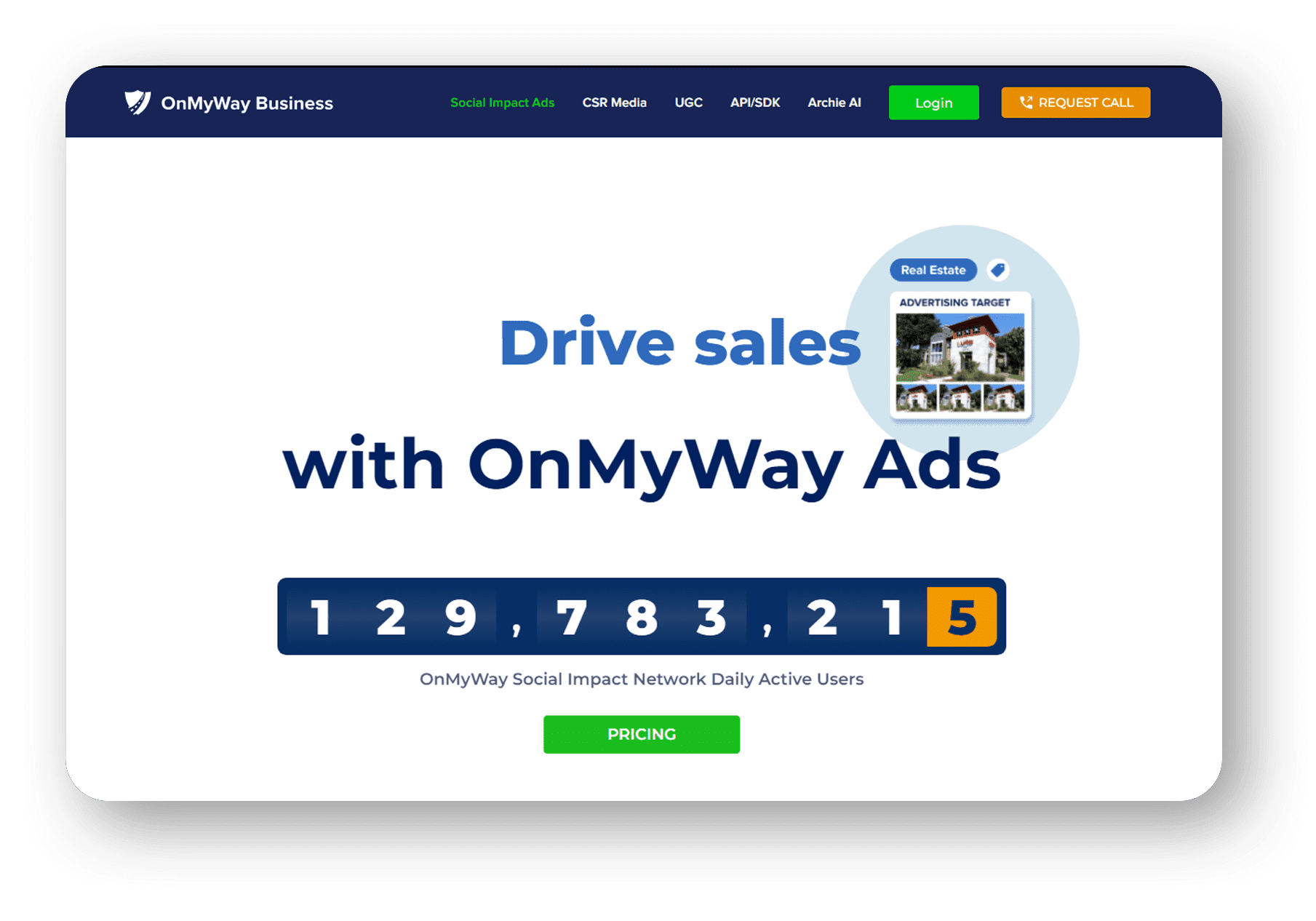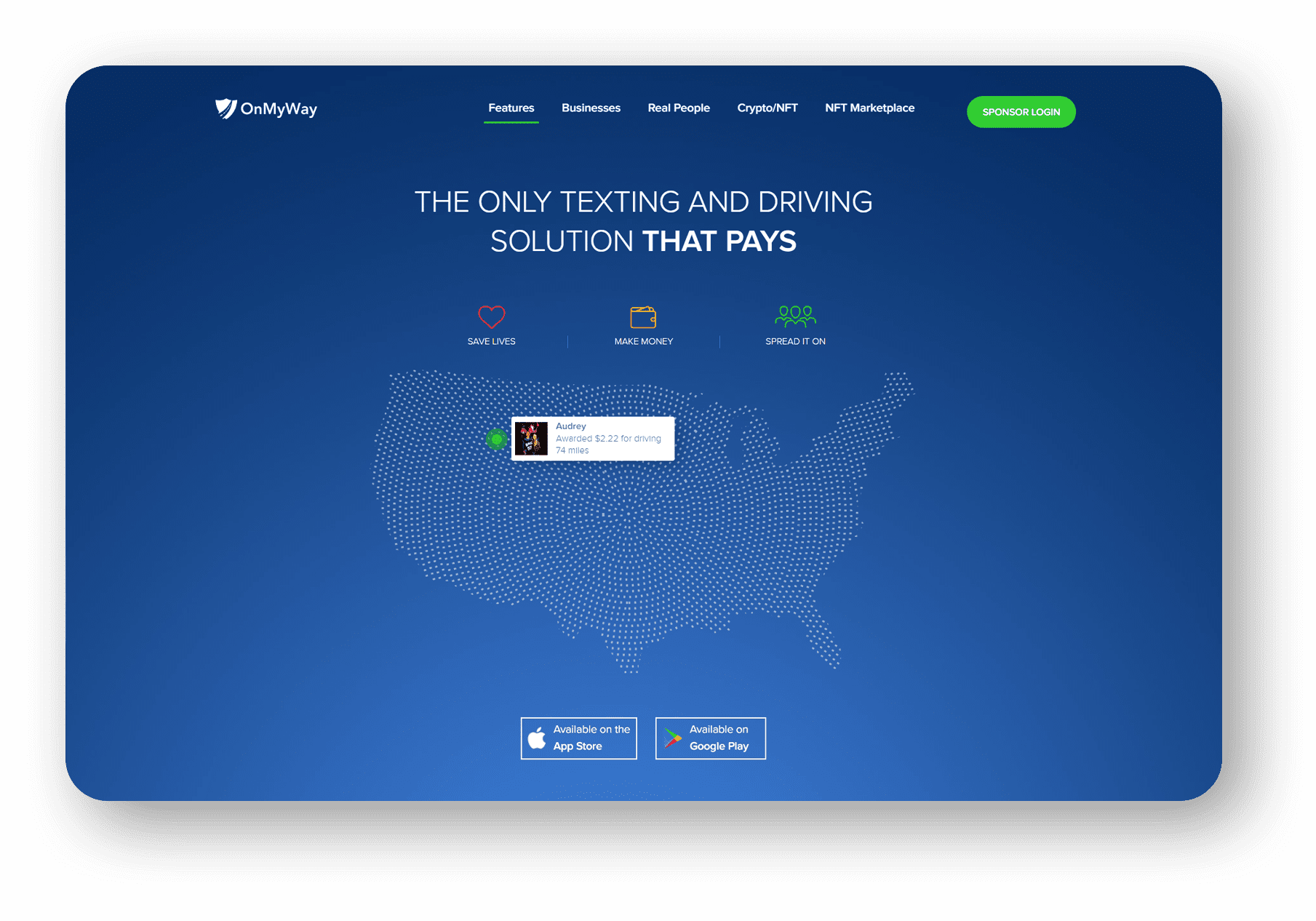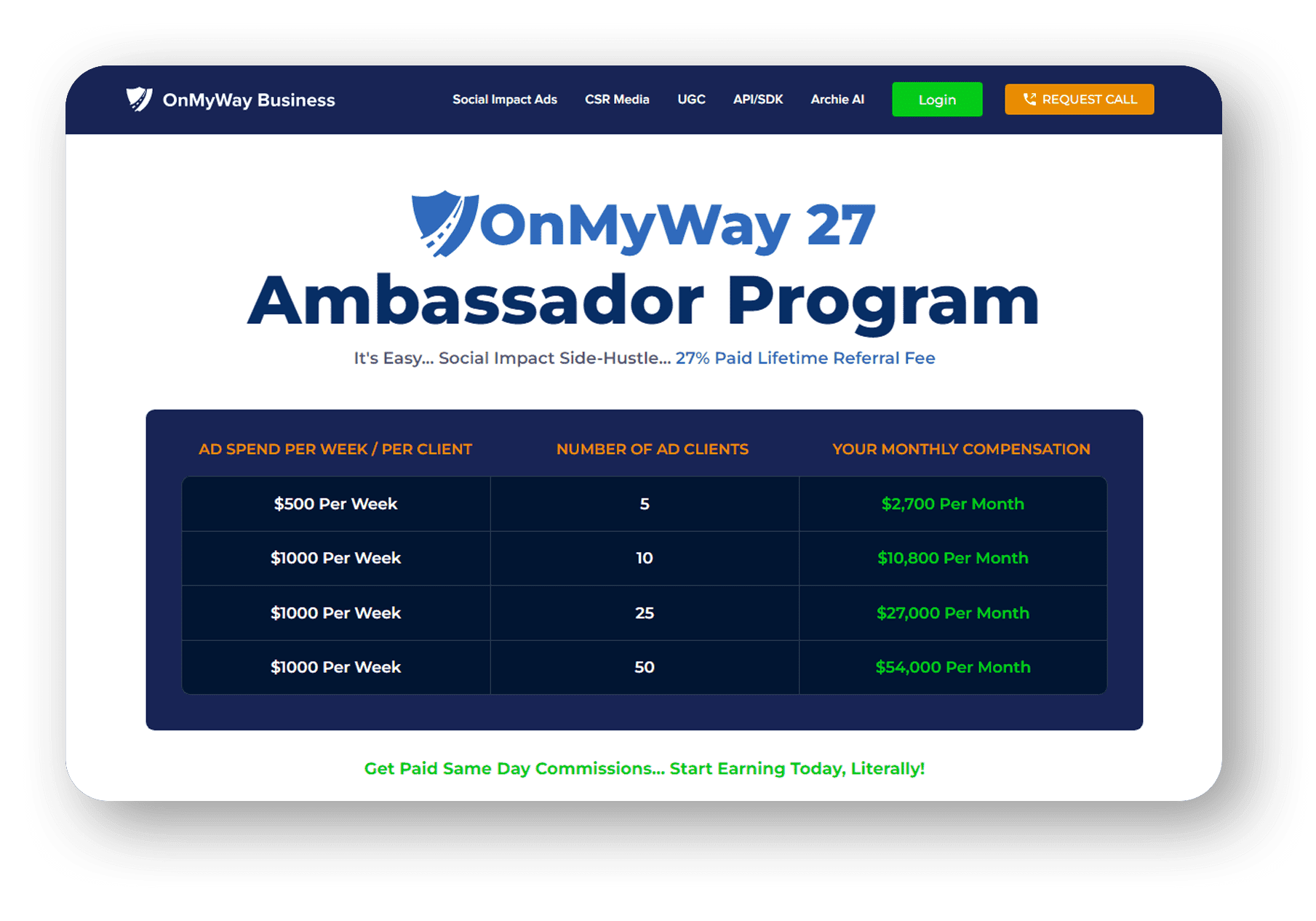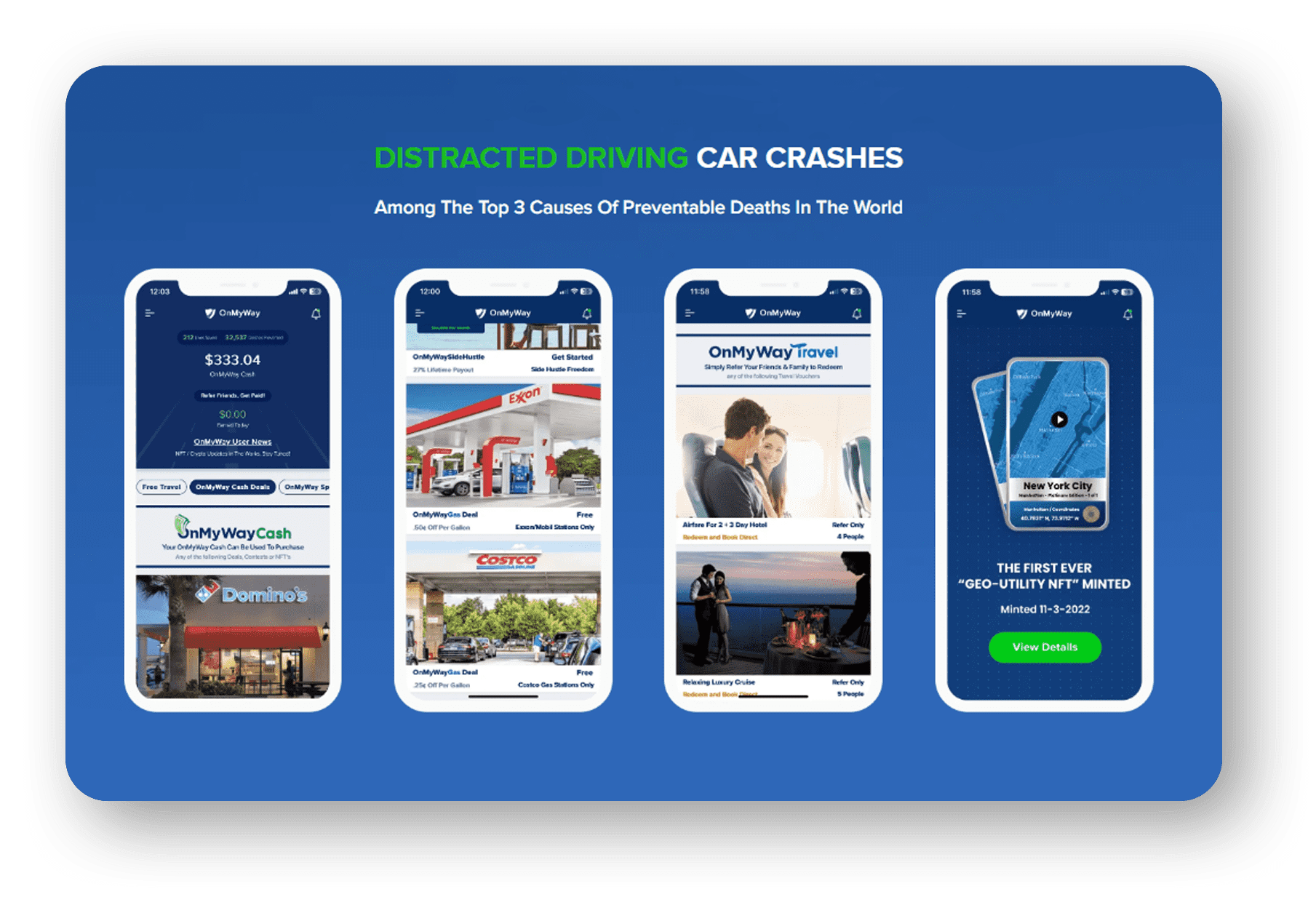
PULLMAN, Wash. – Zoom fatigue may be a real condition, but for some people, the “constant mirror” effect of seeing their own faces didn’t appear to make virtual meetings more unpleasant, a Washington State University study has found.
The study surveyed two groups who attended regular virtual meetings as a result of the pandemic: employees and college students. The participants’ attitudes toward the self-view feature depended on an individual trait—public self-consciousness. Those low in this trait tended to have more positive attitudes toward their virtual meetings the more often their own faces were visible to them.
“Most people believe that seeing yourself during virtual meetings contributes to making the overall experience worse, but that’s not what showed up in my data,” said Kristine Kuhn, associate professor in WSU’s Carson College of Business and author of the study published in Computers in Human Behavior. “It depended on the individual.”
In the summer and fall of 2020, near the start of the pandemic, Kuhn surveyed two sets of people: more than 80 employees from different parts of the U.S. who had been shifted to remote work and about 350 business college students whose classes had been moved online. All the participants answered a variety of questions about the nature of their work or class meetings and their feelings toward them. They also completed an assessment of their public self-consciousness.
For both groups, the study revealed there was not a simple correlation between how often people saw their own faces during their virtual meetings and their overall attitude toward them. Rather, for highly self-conscious people, more frequent self-view was associated with worse attitudes, and the opposite was true for those low in self-consciousness.
Kuhn noted that there are a number of other factors that influence how satisfied people are with their virtual meetings, including their perceived control over when to have their camera on. She cautioned that the study only focused on people’s emotional reactions to their experience of virtual meetings and did not assess factors like meeting effectiveness or learning outcomes.
Further research is needed on how to use virtual meeting platforms effectively, she added, because they are likely not going away as many people transition to hybrid work schedules, and universities look into maintaining some virtual educational components. The study results indicate that managers and teachers should be careful when making blanket rules around camera use.
“It’s just not really a one size fits all,” Kuhn said. “A manager running a team meeting would probably prefer everybody to have their camera on. At the same time, you should recognize that there’s probably a cost to that, so understanding that just because it’s what you prefer, it isn’t necessarily ideal for everybody.”
OVERVIEW
OnMyWay Is The #1 Distracted Driving Mobile App In The Nation!
OnMyWay, based in Charleston, SC, The Only Mobile App That Pays its Users Not to Text and Drive.
The #1 cause of death among young adults ages 16-27 is Car Accidents, with the majority related to Distracted Driving.
OnMyWay’s mission is to reverse this epidemic through positive rewards. Users get paid for every mile they do not text and drive and can refer their friends to get compensated for them as well.
The money earned can then be used for Cash Cards, Gift Cards, Travel Deals and Much, Much More….
The company also makes it a point to let users know that OnMyWay does NOT sell users data and only tracks them for purposes of providing a better experience while using the app.
The OnMyWay app is free to download and is currently available on both the App Store for iPhones and Google Play for Android @ OnMyWay; Drive Safe, Get Paid.
Download App Now – https://r.onmyway.com
Sponsors and advertisers can contact the company directly through their website @ www.onmyway.com.











